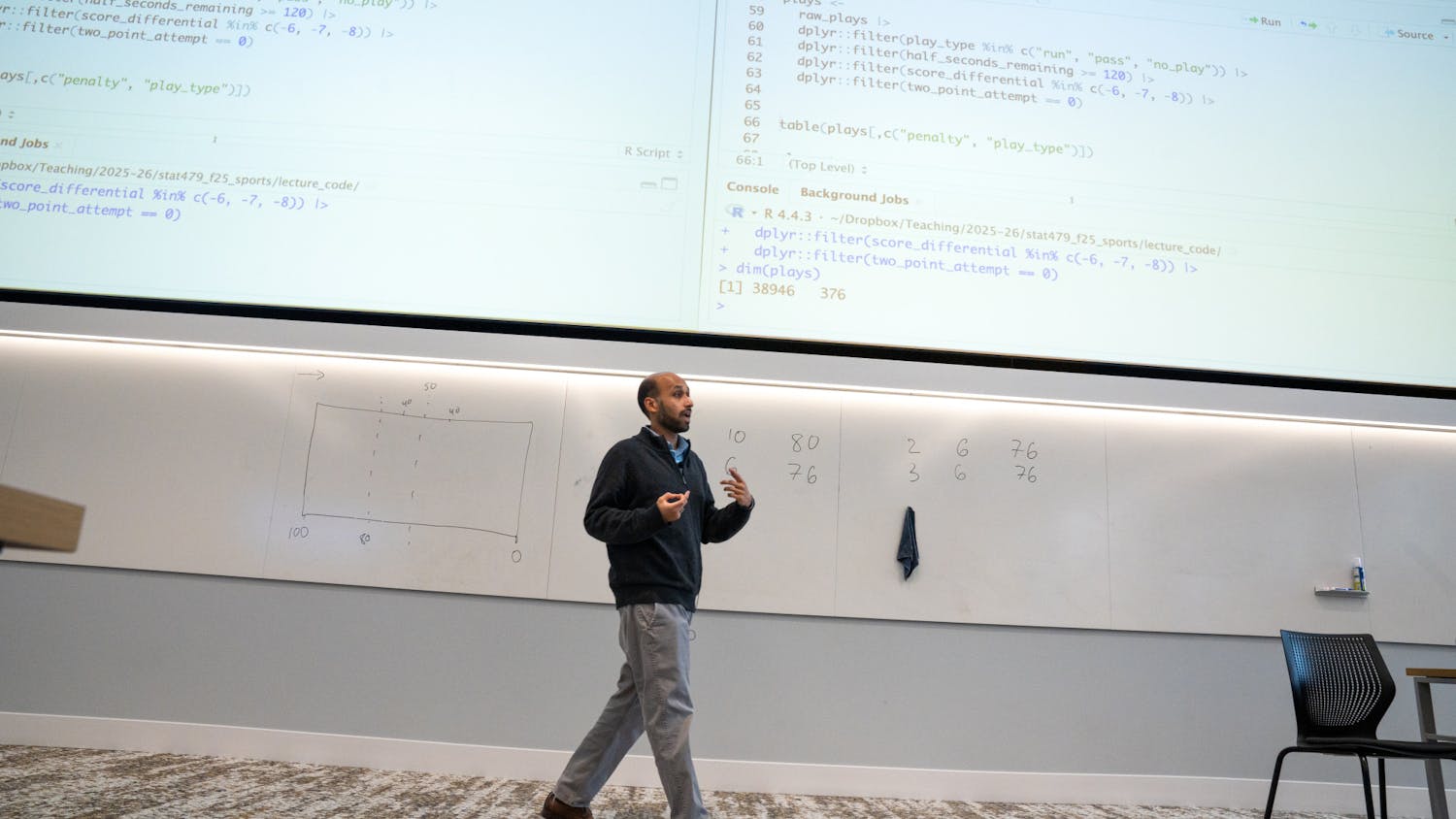Mayor Paul Soglin, since his landslide reelection victory in April 2015, has once again taken upon himself to address Madison’s homeless problem with rhetoric rather than substantial policy. Over the summer, Mayor Soglin proposed a new city ordinance which would tackle problematic loitering and lodging in Madison’s Central Business District. While not directly mentioning the homeless, the ordinance, which Madison’s Common Council has since voted down, attempted to clear out downtown of individuals whom were causing an undue nuisance to both city residents and the various business of downtown Madison.
Soglin’s proposal, which he framed as a way to end the drug usage, public defecation and sexual assault in which transient individuals allegedly partake, has sound reasoning for protecting the city’s public health, but his political rhetoric is dominating the conversation. Instead of focusing his attention on expanding the number of shelter beds available in the Madison area—a woeful 379 beds and 383 temporary houses to accommodate the 3,370 total people who used shelters in 2013—Soglin has used his position to demonize those without shelter and claim that the “problem” stems from transient homeless individuals.
His claim is far from true; according to the 2013 Dane County Homelessness report, only 23 percent of homeless families have lived in Dane County for less than one year, while 28 percent of homeless men and 27 percent of homeless women have resided in the county for less than one year. If the homeless were flocking to Madison because of our expansive benefits and accommodations, transient, non-permanent residents would take up a higher percentage of individuals served at shelters.
Soglin’s assertion that the homeless population downtown who allegedly use drugs and alcohol in the Central Business District is blowing the alleged use of out of proportion. Less than 300 individuals, most of them single men, were reported as having issues with alcohol or other drugs. Again, while understandable, Soglin’s usage of fearmongering creates undue hostility toward the homeless, especially since most of homeless residents in the city, 45 percent, are families.
With his position as mayor of a highly educated city, Soglin’s authority over issues provides him a platform to express opinions which city residents may use to inform their own views. It follows that using rhetoric and relegating homeless individuals to second-class status may enforce stereotypes and hold back individuals trying to break the cycle of poverty prevalent across the city.
Our solution to this problem is to enforce policy over rhetoric when discussing an issue which directly impacts city residents, and the editorial board proposes further expansion of access to transitional and emergency housing. Access to quality, affordable housing is the key to allowing individuals to use their time searching for jobs or to receive health care.
With his proposed ordinance to ban loitering around the business district, Soglin is tackling a sliver of the problem, and demeans individuals who have no connection to those allegedly causing issues downtown. The business community, which advocated for the removal of a popular gathering space for homeless individuals on the 100 block of West Mifflin Street, are focusing on an aesthetic change, one that pushes individuals out of the area without giving them a place to go. While it may be an important part of maintaining their storefront, businesses must realize that simply shoving the problem to another neighborhood will simply kick the proverbial can further down the road.
Adding more affordable transitional and emergency housing would have a direct, positive impact on the lives of homeless people living in Madison. The downtown area has seen a rapid expansion in the number of high rise apartments which cater to more affluent students and young professionals, which generate much more revenue for developers and the city than homeless shelters. But, to the editorial board, the city should act like the progressive haven that Soglin asserts we are and help those that spend the winter outside in sub-zero temperatures. Four Madison alders have recently proposed using $3 million from the Affordable Housing Fund to develop three new facilities around Madison that would create 159 low-cost housing units and 180 apartments, and Soglin should support this initiative to further bolster underserved communities.
Madison’s homeless problem is systemic, not episodic. Band-aid ordinances to tackle piecemeal parts of the problem are not the answer, and Soglin should focus his energy on expanding existing programs and advocate for private institutions to step up and take action. We will not be able to arrest our way out of these problems, and using demonizing rhetoric instead of equitable policy proposals will only hurt those who already have so little.






